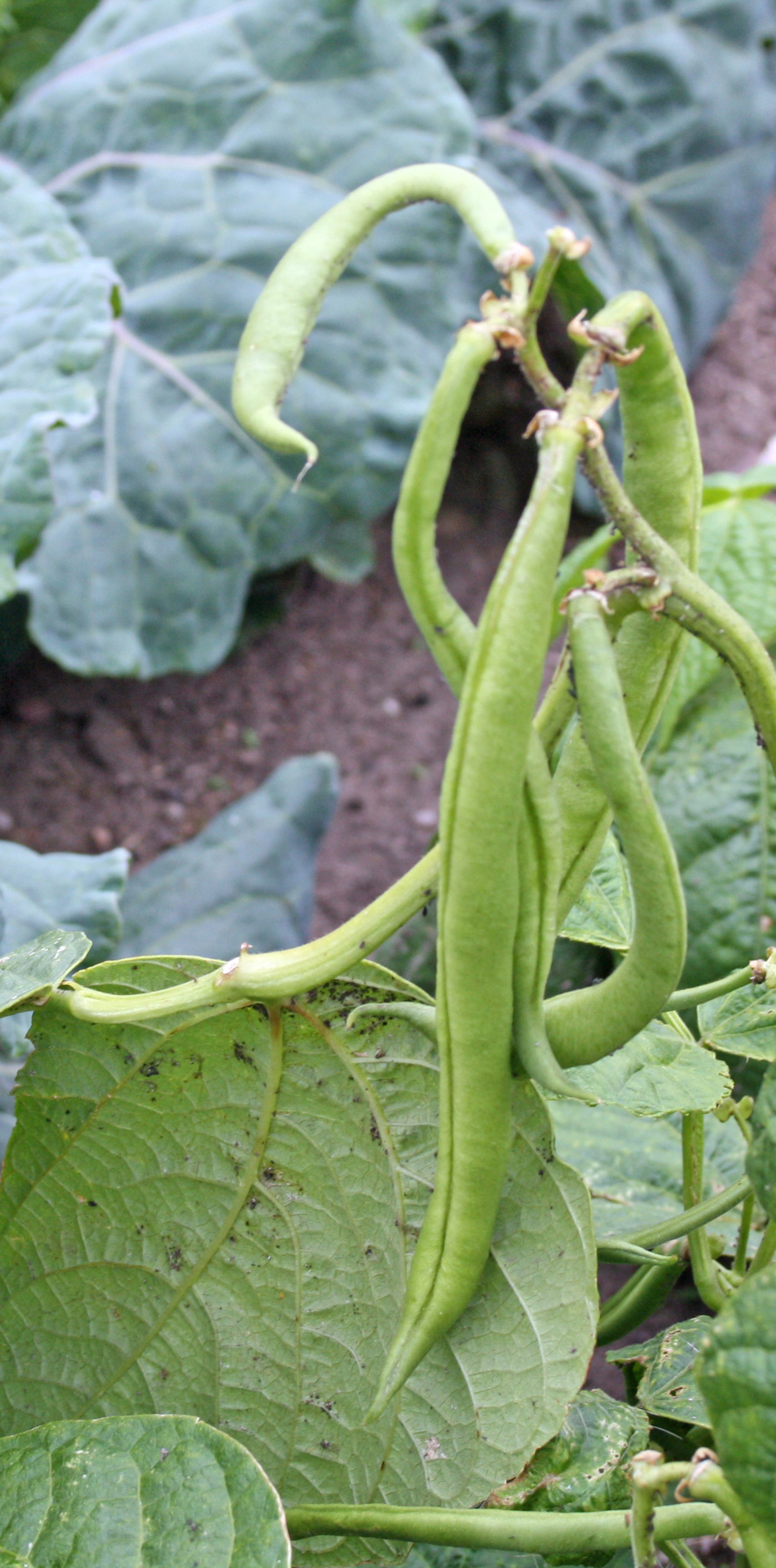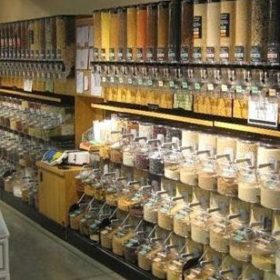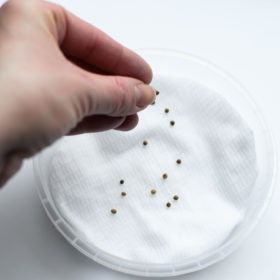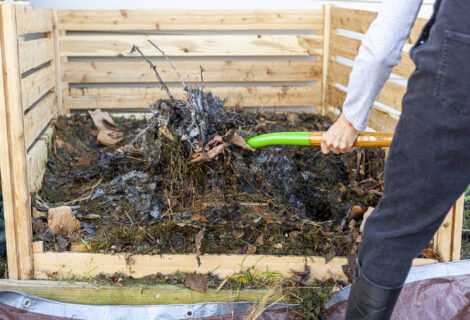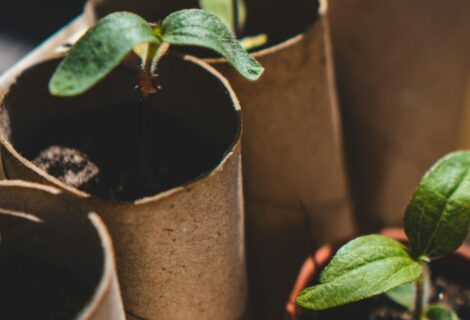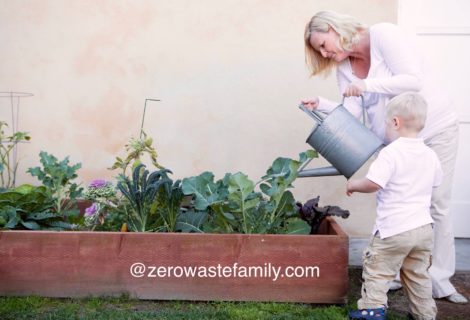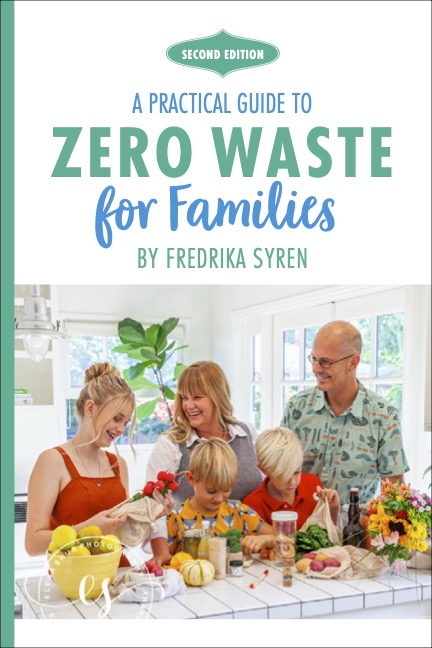Beans, the Climate, Smart Food, and Why You Should Grow Beans
As homesteading vegans, we grow a variety of beans: pole beans, bush beans, fava beans, edamame, chickpeas — and the list goes on. For vegans and meat eaters, beans add a lot of protein and nutrients to the plate; at the same time, they are a low calorie food. But did you know that growing beans also has major environmental benefits?
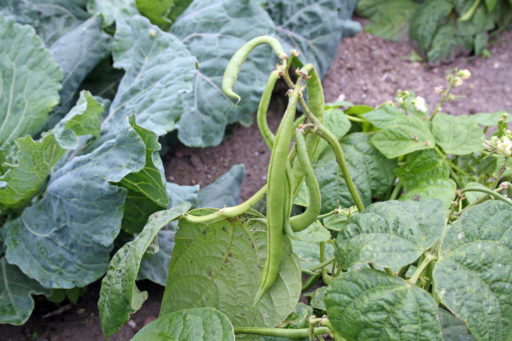
First of all, beans are pretty drought resistant. For those of us growing food in San Diego, where most of the year it’s pretty dry with hot sun, beans are a perfect crop. Once planted, they can produce lots of beans. Some can be eaten raw; some should be cooked; and they can dried for preservation. Make sure to save some beans for the next season’s planting.
Beans are unique: they actually fertilize the soil as they grow because the roots capture, or fixate, nitrogen from the air and transfer it into a usable form in the soil, and work with microorganisms there to feed nutrients to the soil. This is known as green manure. As a matter of fact,long ago (before we had synthetic ammonia) farmers used beans and manure, mulch and guano as a source of nitrogen for the crops.
Another great reason for growing beans and eating them is that beans have a pretty small carbon footprint. Replacing beef with beans could provide major environmental benefits. Meat production creates a huge negative impact on the planet, so swapping beans for beef could significantly reduce greenhouse gas.
The final reason for eating more beans is for the nutritional powerhouses they are. Beans are not only high in protein (without the cholesterol) and fiber but also contain important nutrients like folate, zinc, iron, magnesium and antioxidants.
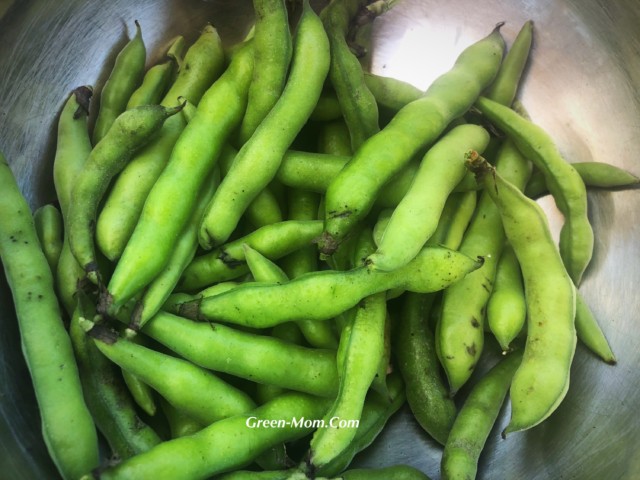
Here are my favorite beans to grow and eat:
- Pole Beans
- Fava beans
- Chickpeas
- Green Beans
- Edamame
- Sugar snap peas
- String Beans
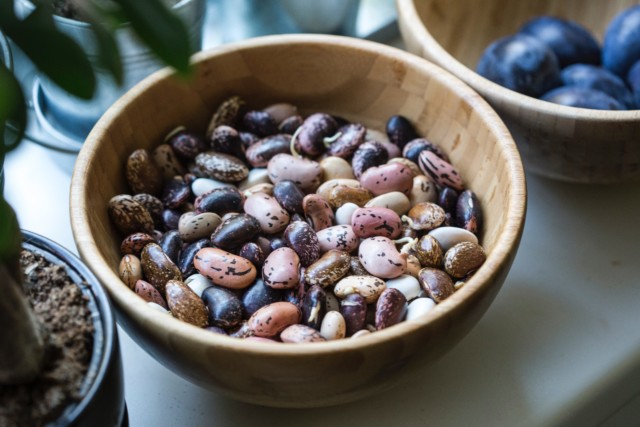
Read about starting seeds here


